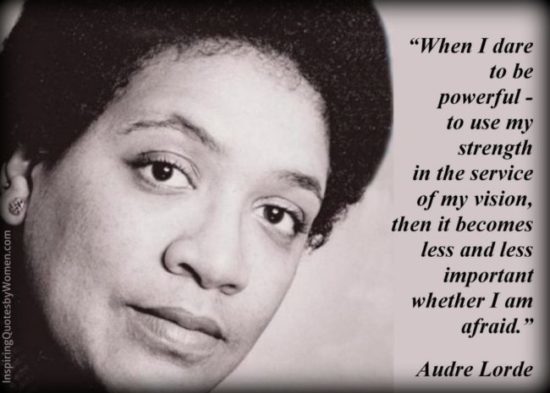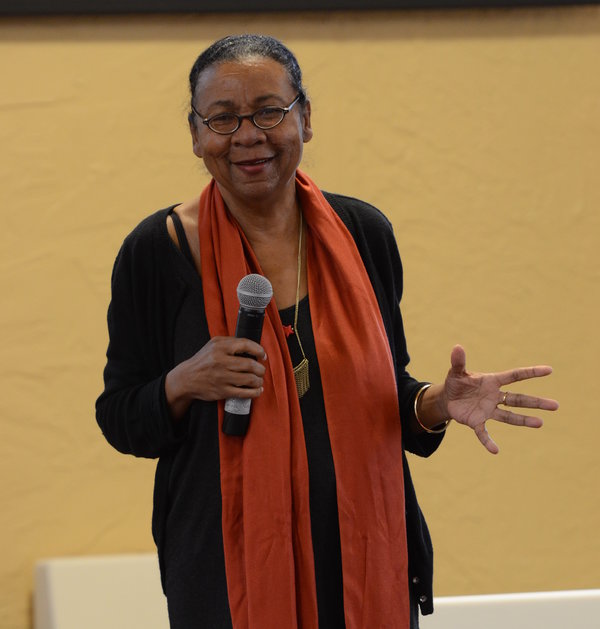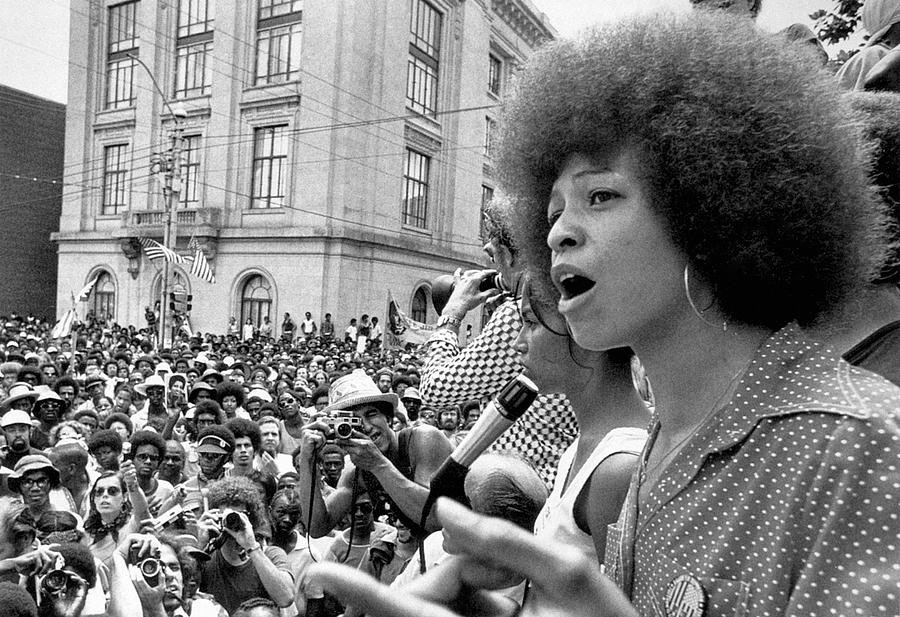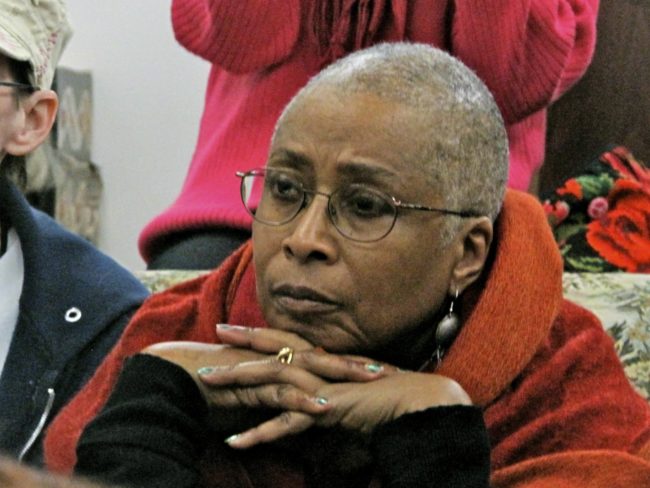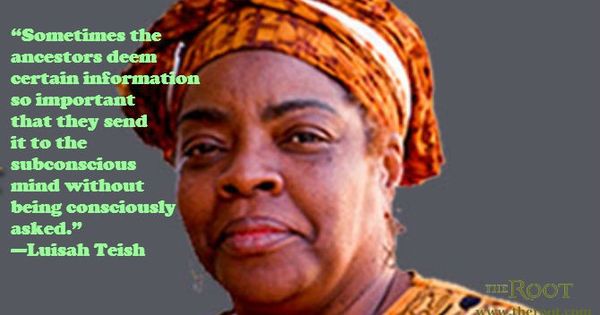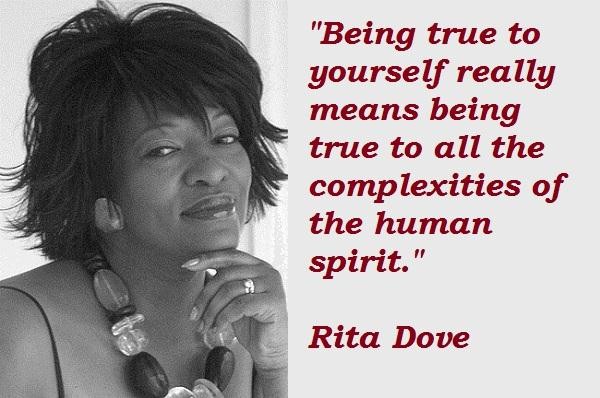For Black History Month I want to honor some of the brilliant African American women writers that have enlarged my worldview. I’m particularly indebted to Audre Lorde, bell hooks, Alice Walker, Angela Davis and Lucille Clifton.
I discovered them in the pre-internet era of the ‘80’s and ‘90’s when face-to-face communication was often the primary form of exchanging ideas. Friends and I would meet for coffee with our books tucked under our arms, engaging in spirited conversations about our new literary discoveries.
After completing Sister Outsider by Audre Lorde I pressed it on practically everyone I knew. I was blown away by Lorde’s essay, “Uses of the Erotic,” which maintains that, fearing female power, the culture works to suppress the erotic in women. For Lorde the erotic is far more than a sexual response; it informs everything we do. It’s the passion we bring to our creativity and to the simple acts of daily living.
This passage is dog-eared in my copy of Sister Outsider:
“When we begin to live from within outward, in touch with the power of the erotic within ourselves, and allowing that power to inform and illuminate our actions upon the world around us, then we begin to be responsible to ourselves in the deepest sense.”
bell hooks seemed to write a book a year during the ‘90’s, making it hard to keep up with her. I was part of a hooks study group of white women who read her works to educate ourselves about being black and female in the U.S. We spent hours discussing her dense 1994 essay collection, Outlaw Culture, hooks calls on black women to “decolonize” their minds, to look at the world as subjects and not objects.
hooks references Buddhism as a valuable practice for understanding “the other,” through dispensing of ego. She advocates breaking down barriers between people to advance meaningful social change. In a message that is just as relevant today as it was in 1994, hooks calls on us to turn despair into transformation.
There were occasions in the ‘80’s and ‘90’s when I had the good fortune to be in the electrifying presence of favorite writers like Angela Davis and Alice Walker. It was impossible for me to leave a Davis speech without feeling pumped to storm the barricades.
I met Alice Walker in the early ‘80’s, shortly after she published her blockbuster, The Color Purple. Alice was a guest writer at a women’s writing retreat in upstate New York I attended. She was kind and gentle and very generous with her time. While Alice critiqued some of our writing, I was too intimidated to share my work with her, something I regret to this day.
Another black writer/teacher that I will never forget is Luisah Teish, author of Jambalaya. I met her in 1994 when I was enrolled in a Women’s Spirituality PhD program at the California Institute for Integral Studies in San Francisco. We gathered once a month to accommodate women from different parts of the country. I came the furthest, flying in from Syracuse, N.Y.
Luisah had a background as a dancer and Yoruba priestess. She delivered lectures on key women’s spirituality periods in history, but she didn’t just talk. Luisah moved among us, passing along her pulsating energy. She made you believe in yourself and in the power of women’s sacred circles.
During this same period I discovered some phenomenal black women poets: June Jordan, Rita Dove, Nikki Giovanni and Lucille Clifton. Their beautiful phrasing and depth of feeling never failed to stir me.
Here’s a treasured Rita Dove poem entitled “Fox.” I find it to be wonderfully affirming of a woman’s nature.
She knew what
she was and so
was capable
of anything
anyone
could imagine.
She loved what
she was, there
for the taking,
imagine.
She imagined
nothing
She loved
nothing more
than what she had
which was enough
for her,
which was more
than any man
could handle.
